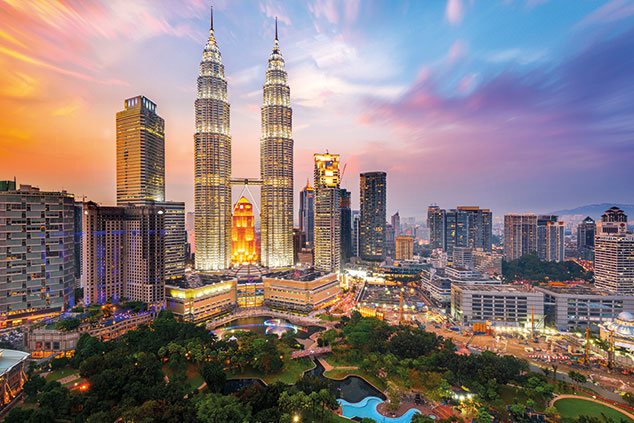
Elections in Malaysia tend to be predictable, says The Economist. The United Malays National Organisation (UMNO) had won all of them since 1955 – until a fortnight ago. Despite deploying “every conceivable trick to remain in power”, Najib Razak, the prime minister, lost to a man who once led his party and country: 92-year-old Mahathir Mohamad, prime minister during the 1990s, and now head of the opposition Pakatan Harapan (PH) party.
Even though the news was a triumph for Malaysian democracy, investors hardly jumped for joy. Stocks and the local currency, the ringgit, slipped marginally. The markets have always had an uneasy relationship with Malaysia. Corporate governance is one recurring issue: over 40% of the index is owned by sovereign funds, “leaving foreign asset managers with little influence over companies’ operations”, says Shuli Ren on Bloomberg Gadfly. Interventionist tendencies in the government and central bank haven’t helped either over the years. In late 2016 the central bank lambasted “speculative and damaging” offshore trading in the ringgit and asked foreign banks to stop trading it.
Perhaps the biggest problem for investors, however, has been the policy, in operation for more than 40 years, to grant ethnic Malays, the majority of the population, preferential treatment – much to the irritation of the Chinese and Indian population.
Over time it created a skewed, inefficient economy, says James Chin in The New York Times. Endless state aid for Proton, an inefficient car manufacturer that begged for subsidies on the grounds that it employed almost only Malays, is a good example. Cronyism flourished, while corruption at 1MDB, the sovereign wealth fund, has rattled investors in recent years.
More than gestures needed
So what are the odds of a fresh start? “It’s far from clear” that Mahathir “has changed into a reformer”, says Clara Ferreira Marques on Breakingviews. He has appointed Malaysia’s first ethnic Chinese finance minister in 44 years, “an important gesture”, yet he also backed Malay privileges when in office and has spoken up for them since. His moves to tackle corruption don’t include support for whistle-blowers and an independent corruption commission, which “would reassure more”.
The PH party has also promised to dismantle “an unpopular but necessary goods-and-services tax and
to reinstate subsidies on petrol”, notes The Economist. Investors will require “considerably more evidence”, concludes Ferreira Marques, “to believe Mahathir 2.0 will be a significant upgrade from Mahathir 1.0.”